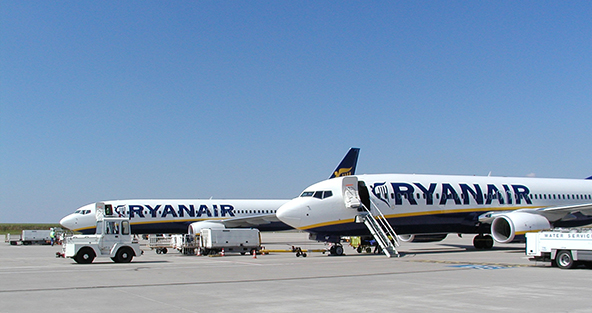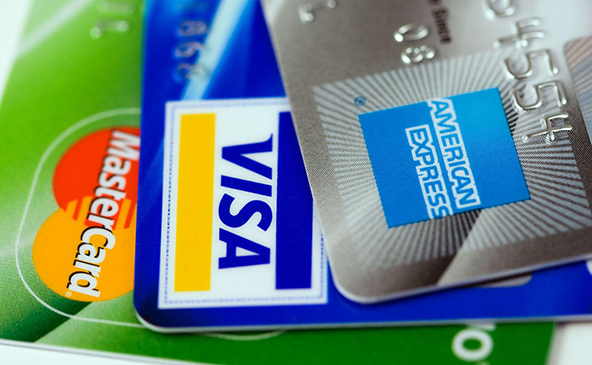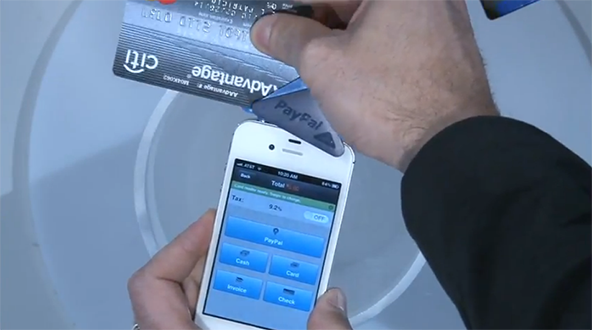Low-Cost European Airlines Probed for ‘Rip Off’ Credit Card Charges

Which?, a British consumer protection group, is set to ask the U.K. Office of Fair Trading to look into credit and debit card surcharges it claims several European low-cost airline carriers have illegally forced on their customers who pay online for air fares and other services.
Airlines Engaged in ‘Murky Practices’ of Credit Card Surcharges
Which? accuses Ryanair, Flybe Group Plc, easyJet and other low-cost airlines of levying fees on online purchases that are far in excess of what the airlines themselves are charged by their banks for processing these payments.
According to the consumer group, a debit card payment is processed at a cost for the airline of no more than 20p ($0.32) per transaction, while the equivalent cost for credit card payments is no more than 2 percent of the transaction amount. Which? claims that airlines typically charge card-paying customers a fixed amount that far exceeds their cost.
The consumer watch dog gives an example of a family of four that books a flight with one of the accused offenders. If paying by a card, the family would incur a surcharge of ?ú40 ($64) by Ryanair, ?ú38 ($61) by Flybe and ?ú5.50 ($9) by easyJet.
Airlines are by far the biggest offenders, the watchdog claims, but far from alone. It also accused local authorities, real estate agents, cinemas and others of the same offense.
Are U.S. Regulators Paying Attention?
The airlines and other businesses named in the Which? report are all angrily denying any wrongdoing and the case is unlikely to be settled any time soon, but the case is quite relevant to the debate currently under way in the U.S. over limiting debit card interchange fees.
As we have reported in several articles on this blog, in the U.S. the Federal Reserve has proposed a limit on debit card interchange fees that would reduce the cost for merchants by about 70 percent. The proponents of the fee cap have claimed all along that ultimately consumers will be the ones who will benefit the most from a fee limit, as at least some of the merchants’ savings will translate into lower prices.
If the British experience is anything to go by, however, we should have plenty of reasons to be skeptical about this claim. Full disclosure, I am not at all familiar with the U.K. interchange fee model. Still, if the figures released by Which? are correct and a debit card transaction costs U.K. merchants 20p, this would mean that the British currently have in place a debit interchange structure very much like the one we will have in April, if the Fed has its way. Yet, this hasn’t prevented airlines, retailers and even local governments from charging consumers way more than what their own processing costs would have been, even under current U.S. rules.
Lessons to Be Learned?
I hope that the people charged with crafting the new rules on debit interchange fees in the U.S. will take into consideration the European experience. If their goal really is to secure some savings for American consumers, it seems evident that a cap on debit fees by itself is unlikely to produce the desired effect. The only certainty is that retailers will benefit from reduced processing costs and no one could force them to pass the savings on to their customers. In fact, evidently regulators need to ensure that retailers, not banks, charge reasonable processing fees.
Image credit: Wikimedia Commons.


